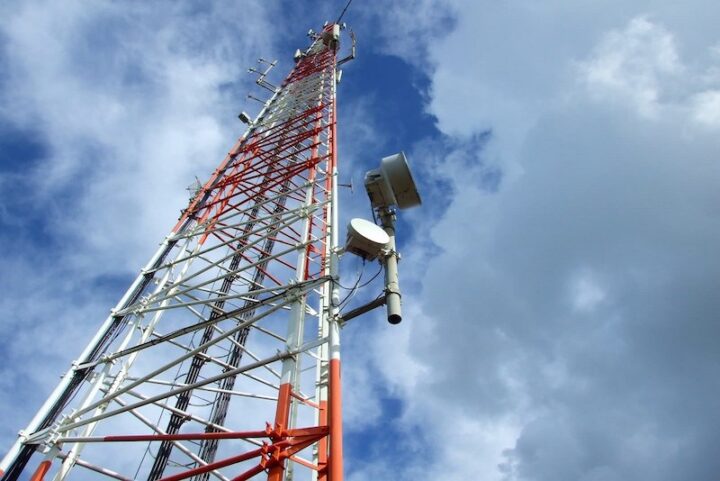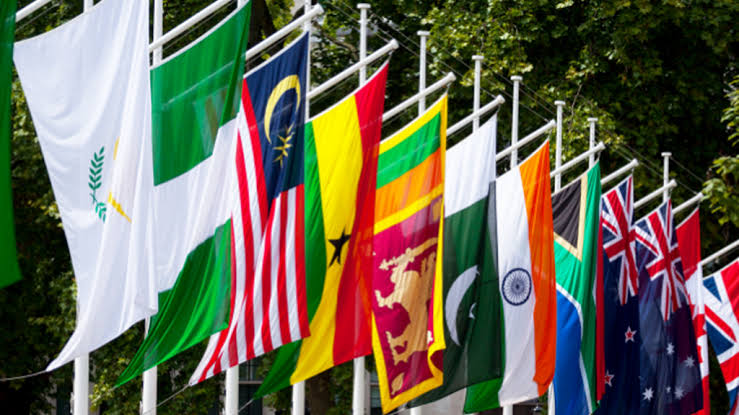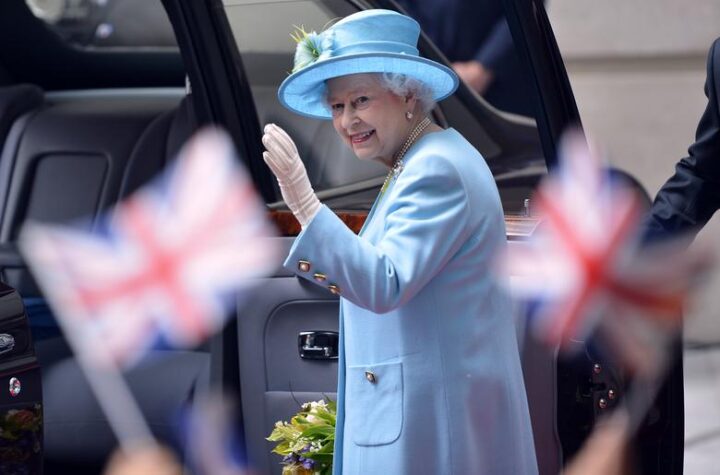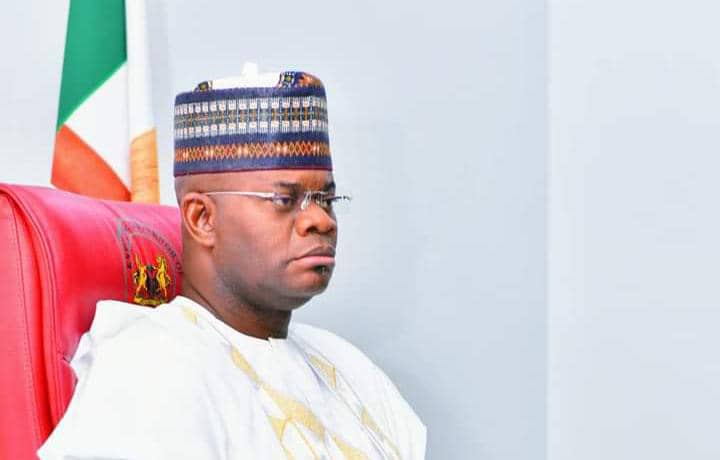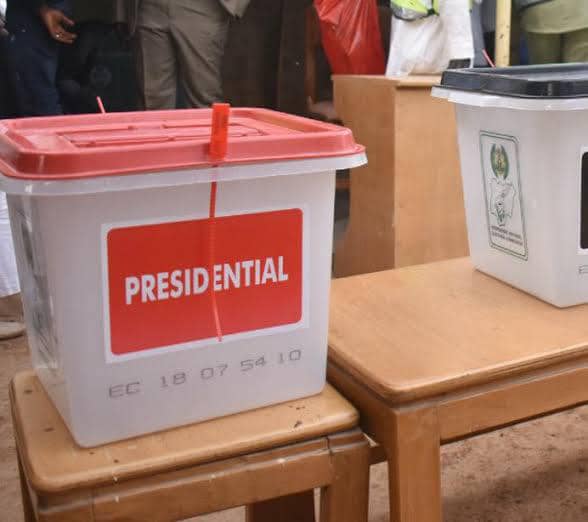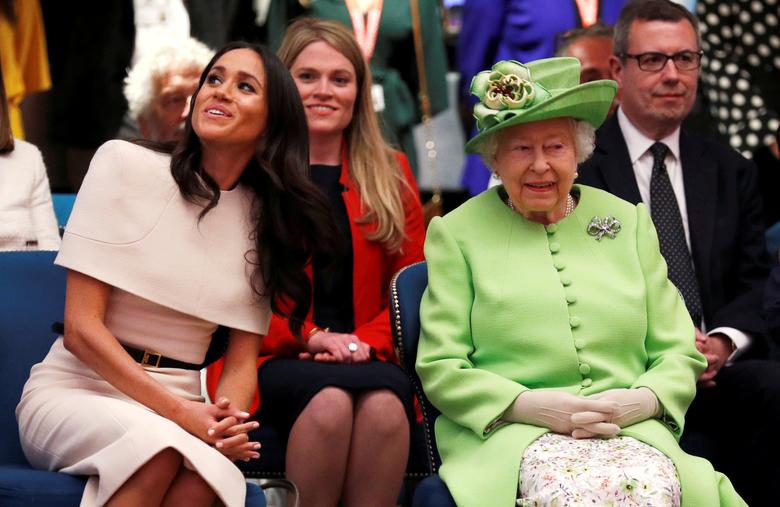They came on the wings of hope. Was it building castles in the air? Oh, the commonality of cliché! Nigeria will be good again. Life will be worth celebrating. Life will be safe. Food will be available. The dollar would return to the pre-1999 value. They would put an end to fuel subsidy, and electricity would be available to the people, because any government that couldn’t resolve the problem of electricity or power within six months was irresponsible. Their government would not be irresponsible. Transportation – rail, road and air – will work once again in our nation.
The only thing this government didn’t promise us was that they would bring the moon down so that, like Neil Armstrong, Buzz Aldrin and Michael Collins, the American astronauts that went to the moon in July 1969, Nigerians could also step on it and say “we come in peace for all mankind.”
Come to think of it, Nigeria needed peace at the time. The nation needed hope and needed good men to stay in the gap and raise the standards. APC, as a political party, raised the men that filled that gap and began to feed the people with the sweetness of hope. They took the word, Panglossian, and painted it on a canvass of hope so that Nigerians would have no reason to despair ever again. Nobody ever thought of the flip side.
The unquestioned flip side has become a haunting reality. Having placed some men and women of questionable competence in strategic offices, this government has failed so miserably that it is looking for all kinds of channels to raise finances to fund its operations. One of such channels, unfortunately, is the telecommunications industry which, at the moment, continues to outperform other sectors in spite of the government’s failure to protect the sector.
Advertisement
Globally, the telecoms industry suffers the fate of the low hanging fruits, readily available for any government in need to quickly pluck and solve its problems. For some of us with roots in the village, the expression, low hanging fruits, only stirs a nostalgia, some pleasurable throwback of those journeys to the farms after school, to meet your parents, and the joy of savouring the fruits of those economic trees that lined the sides of the farm route, to quench your immediate hunger.
Low hanging fruits. You didn’t need to struggle much before harvesting enough to fill your stomach. But life has changed so much. Nostalgia can now inflict pains because going to the farm has become more dangerous and deadlier than suicide. This is one dreadful legacy this administration is going to bequeath to Nigerians.
As it is, some top officials are throwing everything into the fire to do whatever salvaging is possible. So, it was with respectable aplomb and fait accompli that the Minister of Finance, Budget and National Planning, Mrs Zainab Ahmed, announced in July this year, the implementation of a five per cent Excise Duty on telecommunications services.
Advertisement
There was outrage. But it was the curse of the low hanging fruits. Industry bodies, the Association of Telecommunications Companies of Nigeria (ATCON), and the Association of Licensed Telecoms Operators of Nigeria (ALTON), said this was one tax too many. There was already a 7.5 per cent VAT, bringing the total to 12.5 per cent tax that the subscribers would have to pay. It would be an overkill for the subscriber, an overkill for the industry and even an overkill for the government that may enjoy some advantages in the immediate.
History will record it as a pleasant surprise that an elite member of the ministerial coterie, Dr Isah Pantami, whose rambunctious posturing has done so much damage to the telecommunications industry, has broken ranks to fight on the side of the industry. His remonstrations have led to a suspension of the 5 per cent Excise duty while also compelling the government to set up a committee to take another look at the decision.
The minister’s position is very clear. You don’t need to strangle a front-line performer as a reward for good performance and efficiency. He observed that in spite of the tax overload being borne by the operators, the industry has continued to perform well.
“Three unprecedented positive developments have occurred in the digital economy sector in the last three years. In the last quarter of 2020, ICT alone, without including digital services, contributed 14.70 per cent to the GDP. In the second quarter of 2021, we saw another record where the sector contributed 17.90 per cent to the GDP. The last record was in the second quarter of 2022 where ICT contributed 18.44 per cent to the GDP. By implication the sector has been contributing a lot to the GDP,” the minister stated.
Advertisement
On this matter the minister is right and enjoys overwhelming support. What irks me a little bit is that the regulator of the industry, the Nigerian Communications Commission (NCC), had enough material to defend the operators but I wouldn’t know how much it tried. Otherwise the minister didn’t need to get into the fray at all.
In a 2020 research titled, A Compendium of Taxes, Levies and Fees by State Governments on Telecoms Operators in Nigeria and its Effect on the National Digital Economy, the regulator which sought tangible proofs of payments from the operators, was able to establish 41 sundry taxes in the basket of the operators with the minister of finance scheming to add even more.
“The Telecommunications Operators in Nigeria reportedly pay more than 40 different taxes and levies to different Agencies of the Government at Federal, State and Local Government levels in Nigeria,” the report said.
In talking about tax, I particularly like the researchers’ choice of K. Nightingale’s definition, which says: “A tax is compulsory contribution, imposed by Government, and while tax payers may receive nothing identifiable in return for their contributions, they nevertheless have the benefit of living in a relatively educated, healthy and safe society.”
Advertisement
While one may observe here that some individuals and organisations do pay their taxes to the government, it is difficult to establish how much education is going on, and how healthy and safe the environment is. Universities are shut for nearly seven months and insecurity is pervasive and hovering at the fringes of a full blown war. What returns are the people and corporates getting from their taxes?
The evils of multiple taxation were also clearly listed. The word, multiple, speaks well for itself. The researchers describe multiple taxation as follows: an income that is subjected to tax more than once, often by two or more different authorities in a way that may be unfair or illegal. Illegality and unfairness distinguish multiple taxation from double taxation.”
Advertisement
A grim reality established by the research is that “the higher the taxes the higher the level of unserved areas – areas not covered by telecommunications services. It shows that taxes hinder the expansion of the telecommunications industry towards areas that are unserved and as a result might hinder the achievement of the digital economy.”
Here is my little observation. It is in the nature of government to look for multiple channels to increase revenue; more so in a world where the global economy is challenged, and further exacerbated locally by installed incompetence in high places. But it is also the responsibility of the regulator to stand firm and defend the industry and its customers with available statistics. Otherwise, regulation only becomes an instrument of legitimised extortion.
Advertisement
Views expressed by contributors are strictly personal and not of TheCable.

